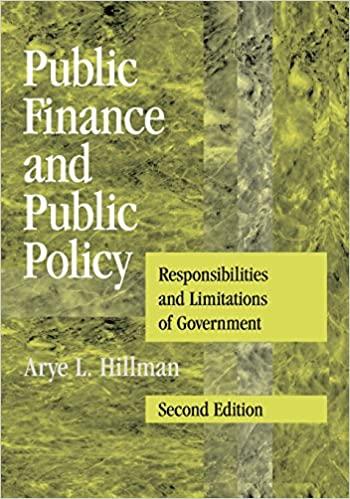Question
Jinhee Ju, 27, just received a promotion at work that increased her annual salary to $37,000. She is eligible to participate in her employers 401(k)
Jinhee Ju, 27, just received a promotion at work that increased her annual salary to $37,000. She is eligible to participate in her employers 401(k) plan, in which the employer matches dollar-for-dollar workers contributions up to 5 percent of salary. However, Jinhee wants to buy a new $25,000 car in 3 years, and she wants to save enough money to make a $7,000 down payment on the car and finance the balance.
Also in her plans is a wedding. Jinhee and her boyfriend, Paul, have set a wedding date 2 years in the future, after he finishes medical school. Paul will have $100,000 of student loans to repay after graduation. But both Jinhee and Paul want to buy a home of their own as soon as possible. This might be possible because at age 30, Jinhee will be eligible to access a $50,000 trust fund left to her as an inheritance by her late grandfather. Her trust fund is invested in 7 percent government bonds.
Question 4. What is Pauls annual payment if he wants to repay his student loans completely within 10 years and he pays a 5 percent interest rate? How much more or less would Paul pay if the loans compounded interest on a monthly basis and Paul also paid the loans on a monthly basis?
I. GO BACK TO DISCUSSION CASE 1 QUESTION 4
(a) Only calculate the amount Paul needs to pay each year assuming annual compounding.
(b)Although I did not request that you do the monthly compounding calculations in question 4 do you think that Paul would need to pay more or less if he paid the loan on a monthly basis rather than a yearly basis? Why?
II. A recent college graduate landed her first full time job paying $33,000 per year. If inflation averages 3% over the next ten years how much would she need to earn ten years from now to retain the same purchasing power?
III. If Dr. Evil figured out that holding the earth ransom for $10,000,000 in 2017 is the same thing as demanding $1,000,000 in 1967, approximately what rate of inflation was he using to make that assumption?
IV. You just won the 1 million dollar lottery! However the state will be paying it out to you in 20 annual $50,000 payments. If the inflation rate averages 4% over that time period how much would be the present value if you could receive an equivalent amount up front in a lump sum?
Step by Step Solution
There are 3 Steps involved in it
Step: 1

Get Instant Access to Expert-Tailored Solutions
See step-by-step solutions with expert insights and AI powered tools for academic success
Step: 2

Step: 3

Ace Your Homework with AI
Get the answers you need in no time with our AI-driven, step-by-step assistance
Get Started


